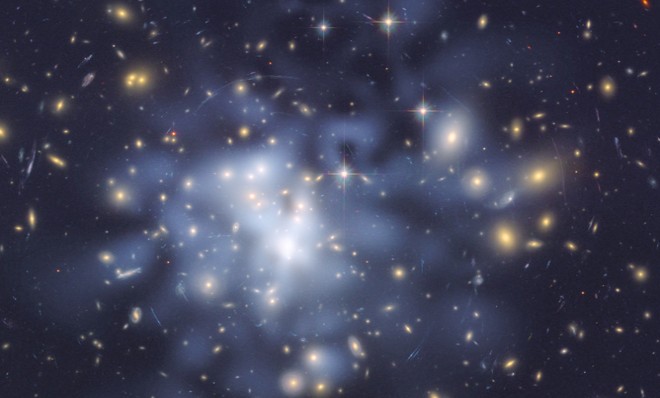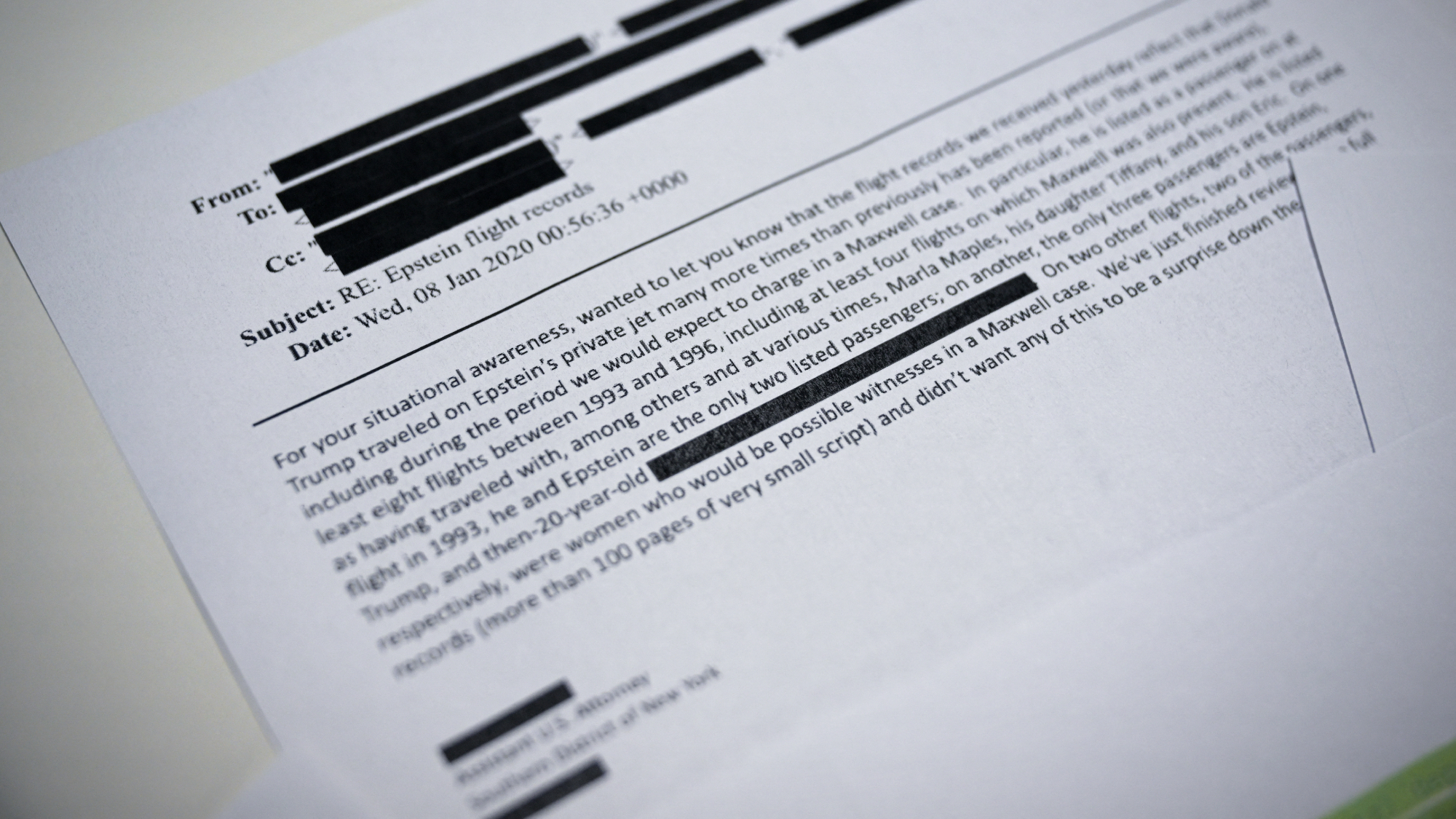Did scientists just find dark matter? Signs point to yes
We may be on the verge of solving one of the universe's greatest mysteries

In May 2011, the space shuttle Endeavor docked with the International Space Station to unload some expensive cargo: A $2 billion particle detector.
The Alpha Magnetic Spectrometer (AMS), which will continue working as long as the I.S.S. is in operation, has been collecting electrons and positrons floating through space to help physicists answer one question: Does dark matter actually exist? On Wednesday, CERN scientists released their first batch of results, and, according to Discovery News, the answer is a "cautious, yet exciting, yes."
Dark matter, which is often referred to as the glue that holds the universe together, is one of the greatest mysteries in physics, right up there with black holes and string theory. Evidence of its existence first emerged in the 1930s, when researchers tried to calculate the rotation rates of distant solar systems. Planets, stars, and other physical things were accounted for in mathematical formulas, but the numbers didn't add up. Enter dark matter, a variable that helps plug gaps in the universe's math equations. The stuff is thought to comprise as much as 80 percent of the universe's matter.
The Week
Escape your echo chamber. Get the facts behind the news, plus analysis from multiple perspectives.

Sign up for The Week's Free Newsletters
From our morning news briefing to a weekly Good News Newsletter, get the best of The Week delivered directly to your inbox.
From our morning news briefing to a weekly Good News Newsletter, get the best of The Week delivered directly to your inbox.
So what did the AMS detect, exactly? According to lead researcher Samuel Ting, a Nobel laureate from the Massachusetts Institute of Technology, physicists were keeping their eyes peeled for dark matter's signature: An excess of positrons in the "cosmic ray flux."
"Though they rarely interact, scientists think dark matter particles should occasionally hit one another, annihilating into positrons and electrons," says Adam Mann at Wired. Therefore, a "dark matter signal" would see a specific ratio of positrons and electrons "rise at higher energies and then sharply drop off" — and that's what AMS detected.
However, what Ting and his team discovered might not actually be dark matter's signal at all. As Discovery News points out, pulsars, or "rapiding-spinning neutron stars," could "also be generating this positron signal."
Still, says MIT's Ting, these are "the most precise measurement of the cosmic ray positron flux to date."
A free daily email with the biggest news stories of the day – and the best features from TheWeek.com
These results show clearly the power and capabilities of the AMS detector. Over the coming months, AMS will be able to tell us conclusively whether these positrons are a signal for dark matter, or whether they have some other origin." [CERN]


